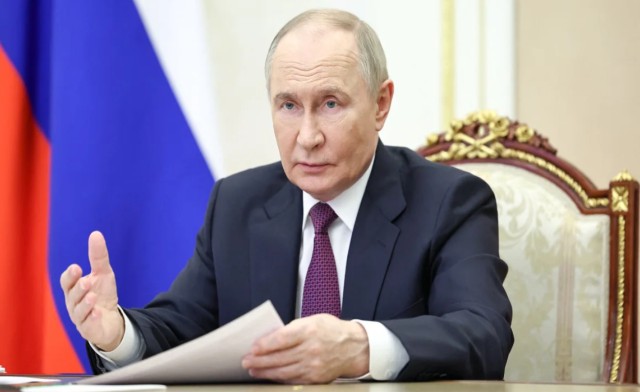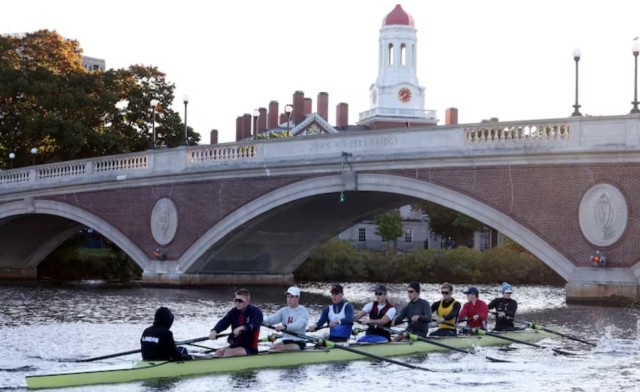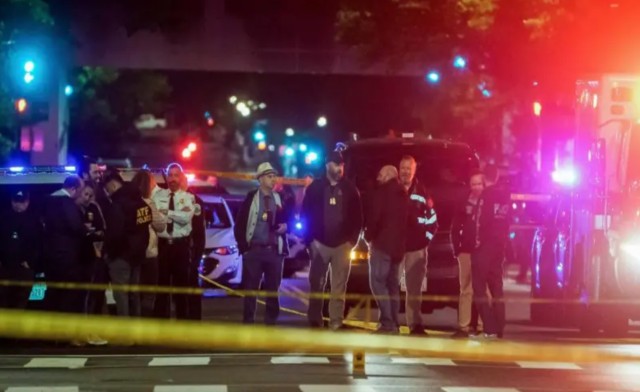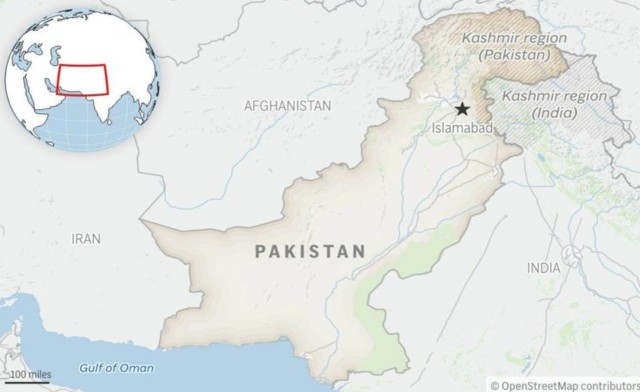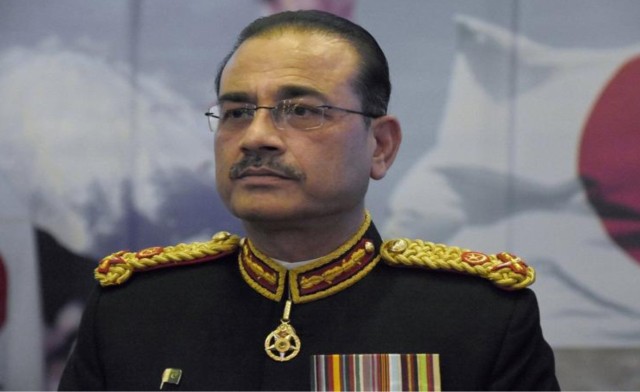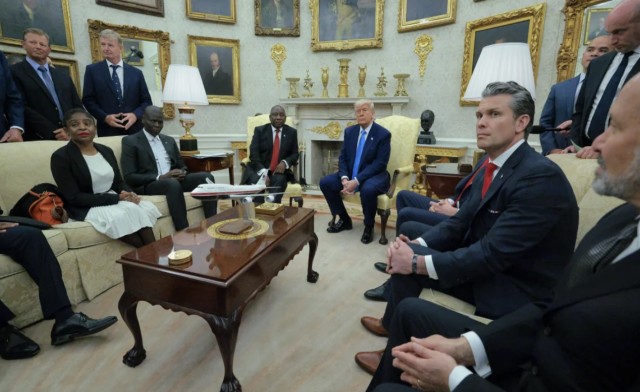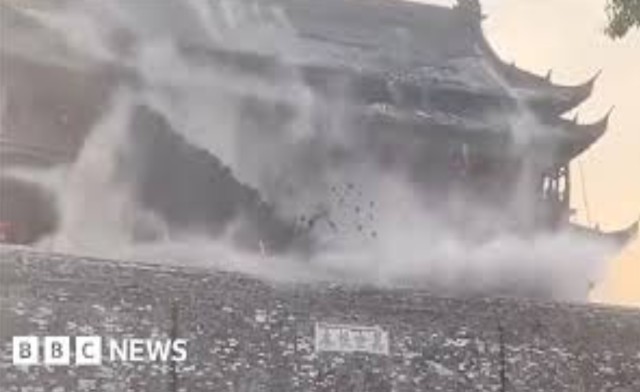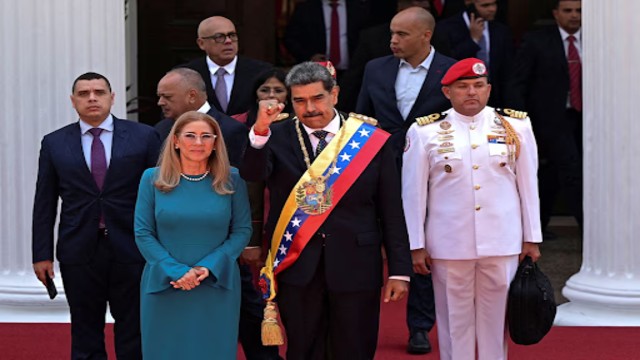
Venezuelan President Nicolas Maduro, accompanied by his wife, Cilia Flores, marked the start of his third six-year term during his inauguration ceremony held in Caracas, Venezuela, on January 10, 2025. Reuters
Venezuelan President Nicolas Maduro was sworn in for a third term despite an unresolved election dispute, global criticism, and an increase in international sanctions against his government. His nearly 12-year presidency has been marked by economic turmoil, political unrest, and international condemnation.
Maduro claimed victory in July’s election, with support from Venezuela’s electoral authority and top court. However, detailed vote tallies were never made public, casting doubt on the legitimacy of the results. Opposition leader Edmundo Gonzalez, who many believe won by a landslide, has been recognized as Venezuela’s rightful president by several countries, including the United States.
The months following the election have seen escalating tensions. Gonzalez fled to Spain in September, while opposition figure Maria Corina Machado went into hiding. High-profile arrests of dissenting voices and protesters further highlight the government’s tightening grip on power.
Gonzalez has vowed to return to Venezuela to take office but remains cautious. In a social media video, Machado urged Gonzalez to delay his return, citing risks to his safety and the need to preserve his leadership for future democratic transitions. She emphasized that the opposition’s fight is far from over, calling for mass protests against Maduro’s government.
"The time will come when Edmundo will enter Venezuela and restore democracy," Machado stated. "Until then, our efforts must remain united against this regime."
The government has threatened to arrest Gonzalez if he returns, placing a $100,000 bounty on information leading to his capture. Meanwhile, Gonzalez continues to call on the military to reject orders from Maduro and halt the repression of citizens.
The outgoing U.S. administration has intensified its efforts against Maduro, raising the reward for his capture from $15 million to $25 million. Sanctions were also imposed on several top officials, including the interior and defense ministers. The charges against Maduro and his allies range from drug trafficking to corruption, which the Venezuelan leader denies.
In addition to U.S. actions, Canada, Britain, and the European Union have imposed sanctions targeting Venezuelan officials. Maduro dismissed these measures as illegitimate, describing them as part of an "economic war" aimed at destabilizing Venezuela.
"The United States and its allies cannot crush our sovereignty," Maduro declared during his inauguration speech. He promised constitutional reforms and a new era of prosperity, though critics remain skeptical.
Political repression has intensified in recent weeks. Reports indicate that 42 people have been detained for protesting or opposing the government. Machado herself was briefly detained after attending an anti-government rally, further underscoring the risks faced by dissidents.
The government dismissed allegations of harassment, accusing the opposition of fabricating stories to garner sympathy. However, human rights organizations have long condemned the administration’s treatment of activists and independent media.
Venezuela’s economy remains in dire straits, with triple-digit inflation and widespread poverty driving over 7 million citizens to leave the country in recent years. Despite these challenges, Maduro claimed the economy grew by 9% last year, though many dispute these figures.
Supporters of the opposition, including retirees who dream of a better future for their families, remain focused on addressing issues like inflation, unemployment, and failing public services. Meanwhile, Maduro’s administration continues to tout resilience in the face of sanctions and economic pressure.
Maduro’s inauguration was attended by leaders from allied nations, including Cuba, Nicaragua, and Russia, signaling continued support from key partners. However, international observers and opposition groups argue that his presidency lacks legitimacy. U.S. officials, including Secretary of State Antony Blinken, have explicitly stated that Maduro lost the 2024 election and should not be recognized as president.
Maduro’s controversial third term highlights the deep divisions within Venezuela. As calls for democracy grow louder, the nation faces an uncertain future, with no clear resolution to its political and economic crises in sight.


